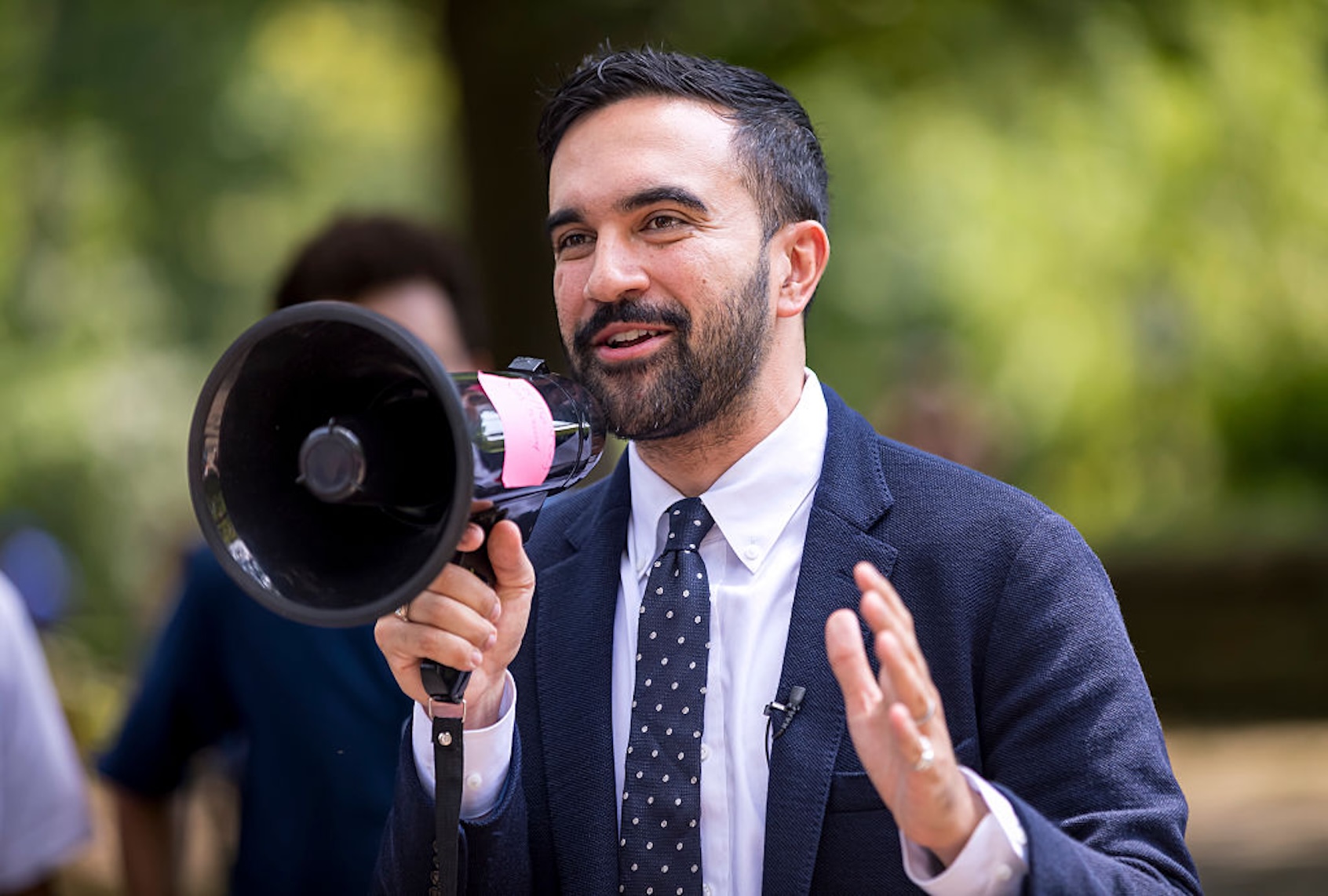Mamdani spoke of his aunt’s fear after 9/11. Backlash revealed how Islamophobia persists

This story was originally published by The 19th.
This story was originally reported by Shefali Luthra of The 19th. Meet Shefali and read more of her reporting on gender, politics and policy.
A speech by New York mayoral candidate Zohran Mamdani — and the conservative reaction to it — highlight how Muslim women are specifically targeted during times of heightened Islamophobia or anti-Arab sentiment.
“I want to speak to the memory of my aunt who stopped taking the subway after September 11 because she did not feel safe in her hijab,” Mamdani, the city’s Democratic mayoral nominee and likely next mayor, said Friday in a speech on Islamophobia. “I want to speak to the Muslim who works for our city whether they teach in our schools or walk the beat for the NYPD.”
Mamdani used the speech to decry what he called anti-Muslim attacks by his political opponents, including former Gov. Andrew Cuomo, who laughed alongside a conservative talk radio host who said Mamdani would “be cheering” if an incident like 9/11 occurred. Current Mayor Eric Adams, who has endorsed Cuomo, said the same day that New York can’t “become Europe” — implying that electing a Muslim candidate would result in “Islamic extremism.”
On Friday, surrounded by New Yorkers, including several women wearing hijabs, Mamdani described being advised by a “well-meaning Muslim uncle” to downplay his religion in public. It’s a lesson, he said, that people like his uncle learned after the September 11, 2001 terrorist attacks fueled a national spike in Islamophobic hate crimes.
Conservatives turned to social media to mock the speech. On X, Vice President JD Vance wrote, “According to Zohran the real victim of 9/11 was his auntie who got some (allegedly) bad looks.”
A substantial body of research shows that after the 9/11 attacks, Muslims in America experienced an increase in threats of violence and harassment. Muslim women, particularly those who wear hijabs, were distinctly targeted.
Research from Brown University found that the share of hate crimes against Muslims went up by over 500 percent between 2000 and 2009, compared with an 18 percent increase in hate crimes overall.
A 2011 study published in the Lancet noted that women in New York who wore hijabs reported both threats of and actual physical violence because people recognized them as Muslim. A 2003 paper by the Illinois Advisory Committee to the U.S. Commission on Civil Rights identified a spike in hate crimes against Muslims and Arabs after 9/11 and reported that “Muslim women have been particularly vulnerable to hate crimes.”
There also may be particular risk for pregnant Muslims. A 2006 paper found that women with Arabic names had a higher risk of poor birth outcomes — including preterm birth and low birth weight — six months after 9/11. A separate study found similar consequences for pregnant Muslims in Spain soon after a 2017 terrorist attack in Catalonia.
Read more
about this topic
